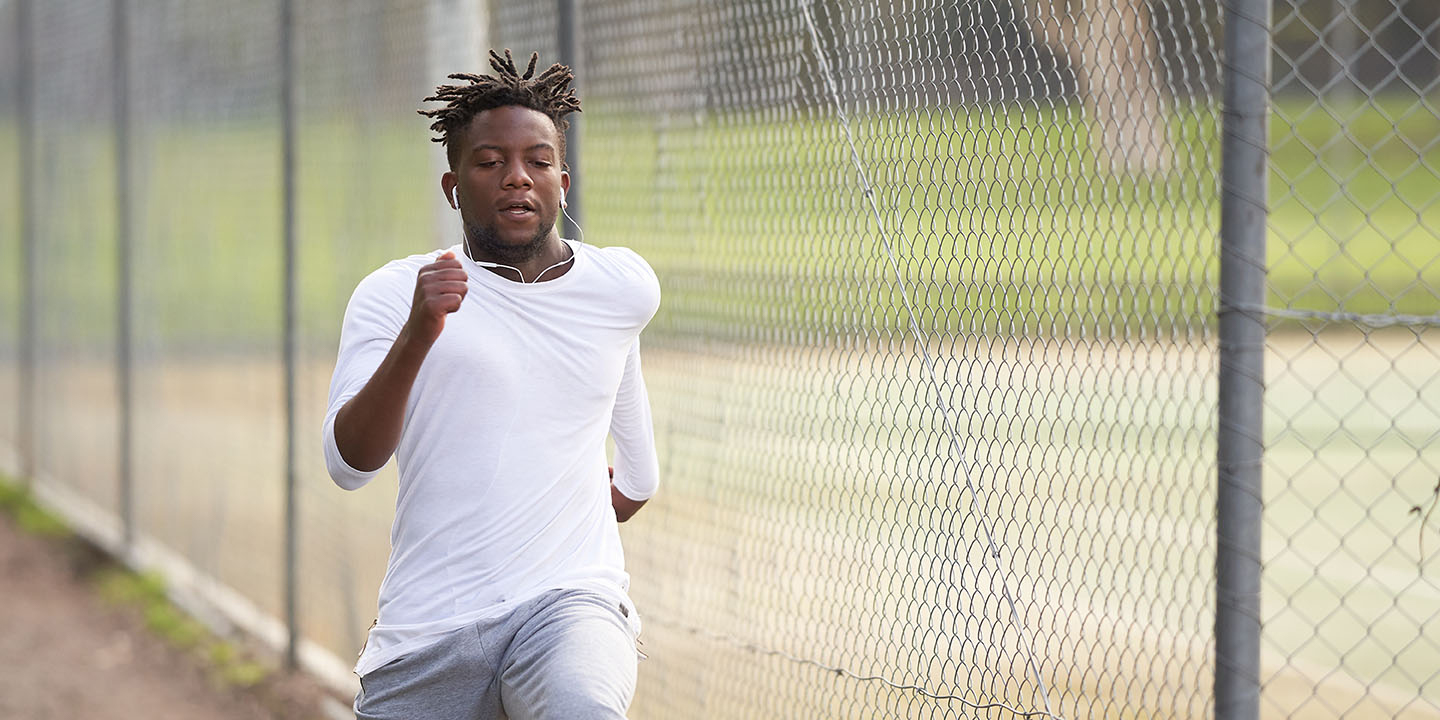
Elite athletes report better life satisfaction, self-esteem and body satisfaction, and lower rates of risky alcohol consumption and lower problem gambling compared to other Australians, an Orygen survey of Australian Institute of Sport (AIS) supported athletes has found.
These positives also come with challenges, with elite athletes more likely to report symptoms of depression and anxiety at a level that would warrant professional health care.
The survey of 749 AIS-funded athletes in 2018 found that athletes were significantly more likely to report ‘high to very high’ psychological distress compared to general community norms (17.15 per cent versus 9.5 per cent). The findings are published online in Sports Medicine.
Associate Professor Rosemary Purcell explained: “while the results may seem contradictory, it makes sense that elite athletes who are doing what they love day-in, and day-out will have high levels of life satisfaction. At the same time, it’s stressful for them to deal with constant high expectations of success, frequent travel or the risk of injury, on top of the general life stressors they face like the rest of us.”
The survey also found that one in five athletes report having previously sought treatment for a mental health problem, pointing to the need to routinely screen athletes for mental health symptoms.
Associate Professor Purcell, who heads Orygen’s elite sports and mental health program, said sporting bodies regularly screen athletes across a range of metrics like sleep, nutrition, and injury.
“We need to make sure that mental health needs are also being identified as early as possible to prevent issues from worsening and providing proper support and treatment. It’s a case of ‘if you don’t ask, they won’t tell,’ so screening is definitely needed,” she said.
“These findings mirror what’s being reported in elite or professional sports worldwide. Roughly one in three elite athletes report experiencing symptoms of anxiety and depression, although the rate may fluctuate depending on when the survey is conducted, such as in or out of season, or the type of sport,” Associate Professor Purcell said.
The findings of the AIS survey point to how critical it is for elite sport organisations and those professionals who work within them, to support the mental health of athletes and to recognise that a significant number are likely to experience mental health symptoms and may require clinical care to restore them to optimal health.
“The AIS has been building a comprehensive Athlete Wellbeing and Engagement system to meet the needs of athletes that is informed by research such as this study,” Associate Professor Purcell said.
“This includes prevention programs and supports like the Mental Health Referral Network that encourage athletes to seek help early, through to providing specialist clinical care when needed. No other country has a system like this for athlete mental health.”
The survey will be repeated in March 2020. For more information on the 2020 Mental Health Audit and the Mental Health Referral Network visit https://ais.gov.au/mhrn.